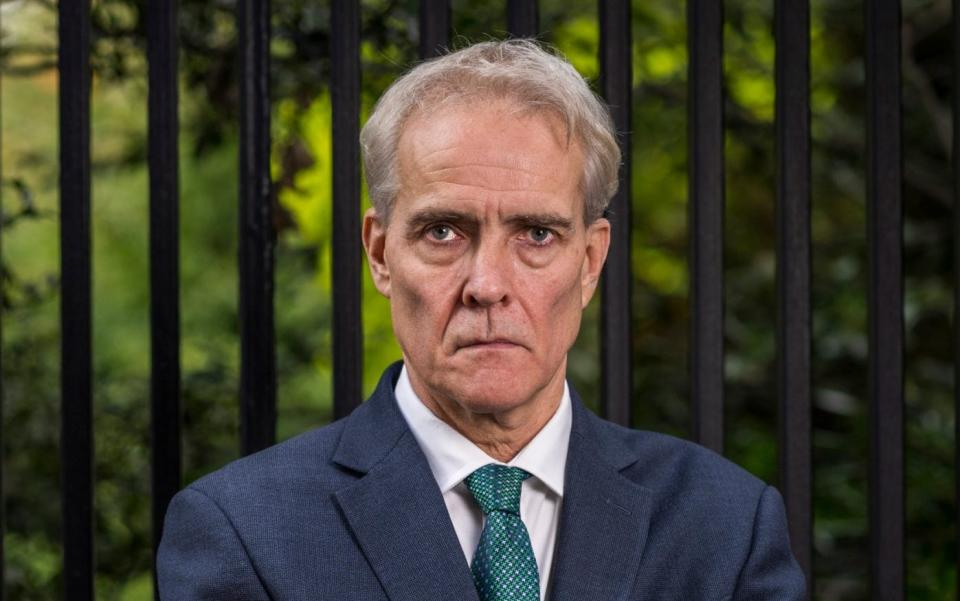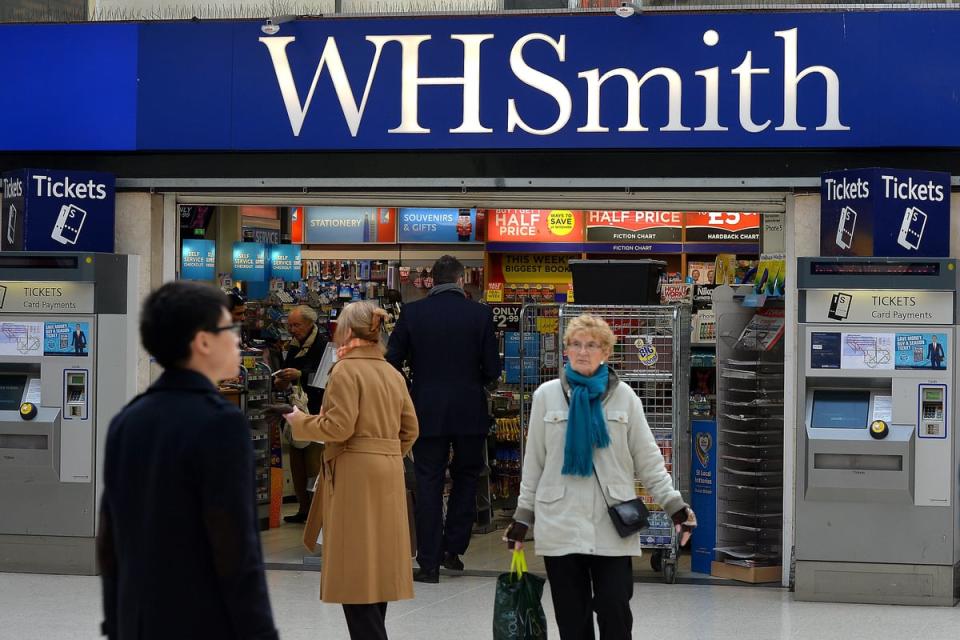Labour has handed prisoners their first pay rise in eight years at a cost of £4.4 million.
Some 85,000 prisoners in England and Wales will get £1 extra a week in their basic pay, which averages about £15, equivalent to a one-off, above-inflation increase of about 6.6 per cent.
The Prison Service said the pay rise recognised that prisoners’ wages had fallen behind inflation during the eight-year freeze since their last wage increase in 2016.
Governors of all public sector prisons in England and Wales were sent a memo in September, just two months after Labour came to power, telling them to raise the wage rates, according to Inside Time, the prisoner newspaper that revealed the increase.

They could choose between an across-the-board rise or bigger targeted increases for the lowest paid. The extra money appeared on prisoners’ wage slips and canteen sheets from October.
ADVERTISEMENT
However, no announcement was made as Rachel Reeves, the Chancellor, prepared to unveil her Budget, with its record-breaking £40 billion tax raid.
It followed July’s announcement stripping more than 10 million pensioners of their winter fuel allowance.
Explaining the decision to raise pay, a Prison Service spokesman said: “Earning money for honest work is vital in helping offenders stay on the straight and narrow, which ultimately protects the public.”
They said prisoner pay had remained unchanged since 2016 and the “modest” rise came at no additional cost to the taxpayer, as it was being funded from existing Prison Service budgets.
A Ministry of Justice source added that pay motivated prisoners to attend work and education, helping to reduce their risk of reoffending, while higher pay may reduce the risk of prison debt, which can spiral into violence.
ADVERTISEMENT
Offenders can work in jail workshops, where they produce goods such as clothes and furniture, and in prison support roles such as washing dishes, preparing meals and cleaning laundry.
‘Hard to make ends meet’
Charlie Taylor, HM Chief Inspector of Prisons, has been among those suggesting that prisoners may deserve higher pay.
In an interview with Inside Time last September, he said: “Prices have gone up and pay hasn’t gone up. Also, because of restrictions on regimes, a lot of prisoners are only working part-time.
“If they’re only earning £9 or £12 per week, it’s very hard to make ends meet. The danger is you get prisoners getting into debt, and that’s the last thing anyone wants.”
Since 2016, an eight-year pay freeze has led to a decline in prisoners’ purchasing power, as prices of goods on weekly canteen sheets have risen with inflation.
ADVERTISEMENT
It is understood that Amy Rees, chief executive of the Prison Service, has been personally involved in a review of wage levels. She said: “Upward inflationary pressure has impacted absolutely everyone.”
The disclosure comes as the Government wrestles with a prison overcrowding crisis that has forced it to introduce an early release scheme under which offenders are freed 40 per cent of the way through their sentences rather than halfway.
A sentencing review, chaired by David Gauke, the former Tory justice secretary, is also considering replacing shorter sentences for lower-level offences with greater use of “house arrest”, where offenders are punished in the community on electronic tags with curfews limiting their freedom.
EMEA Tribune is not involved in this news article, it is taken from our partners and or from the News Agencies. Copyright and Credit go to the News Agencies, email news@emeatribune.com Follow our WhatsApp verified Channel




